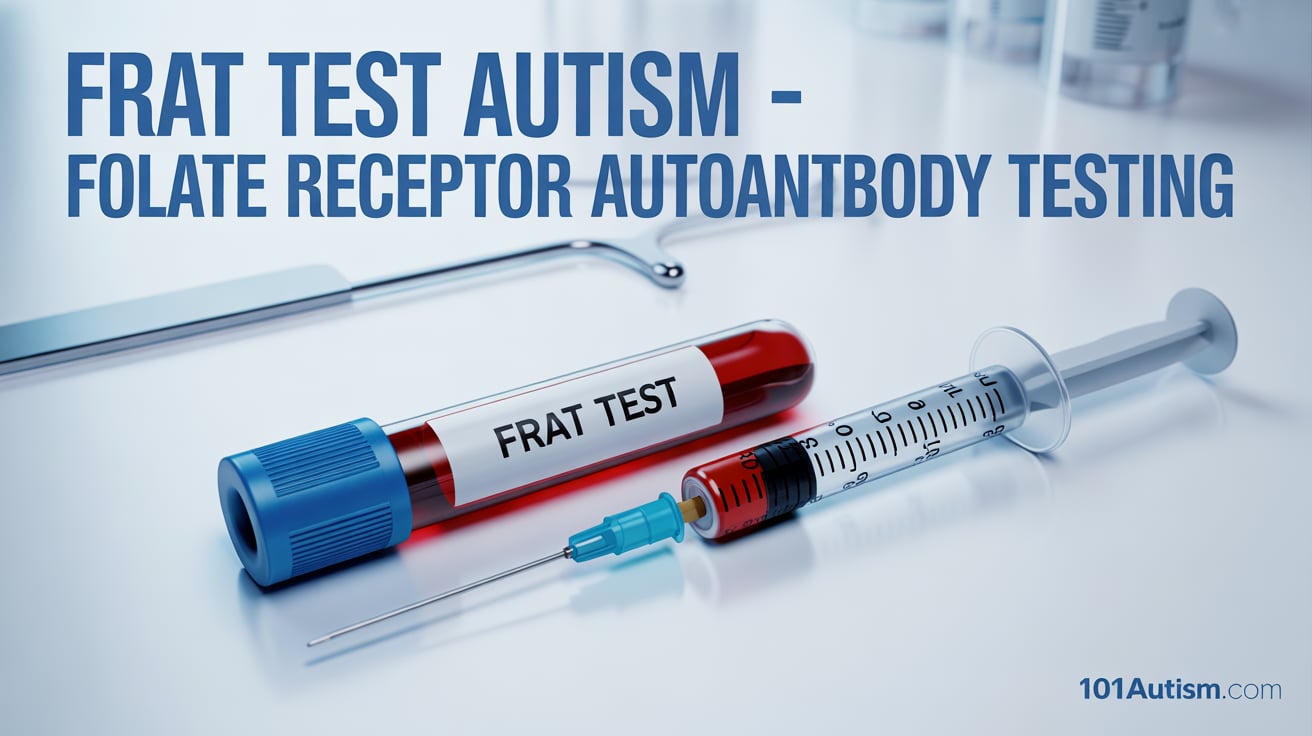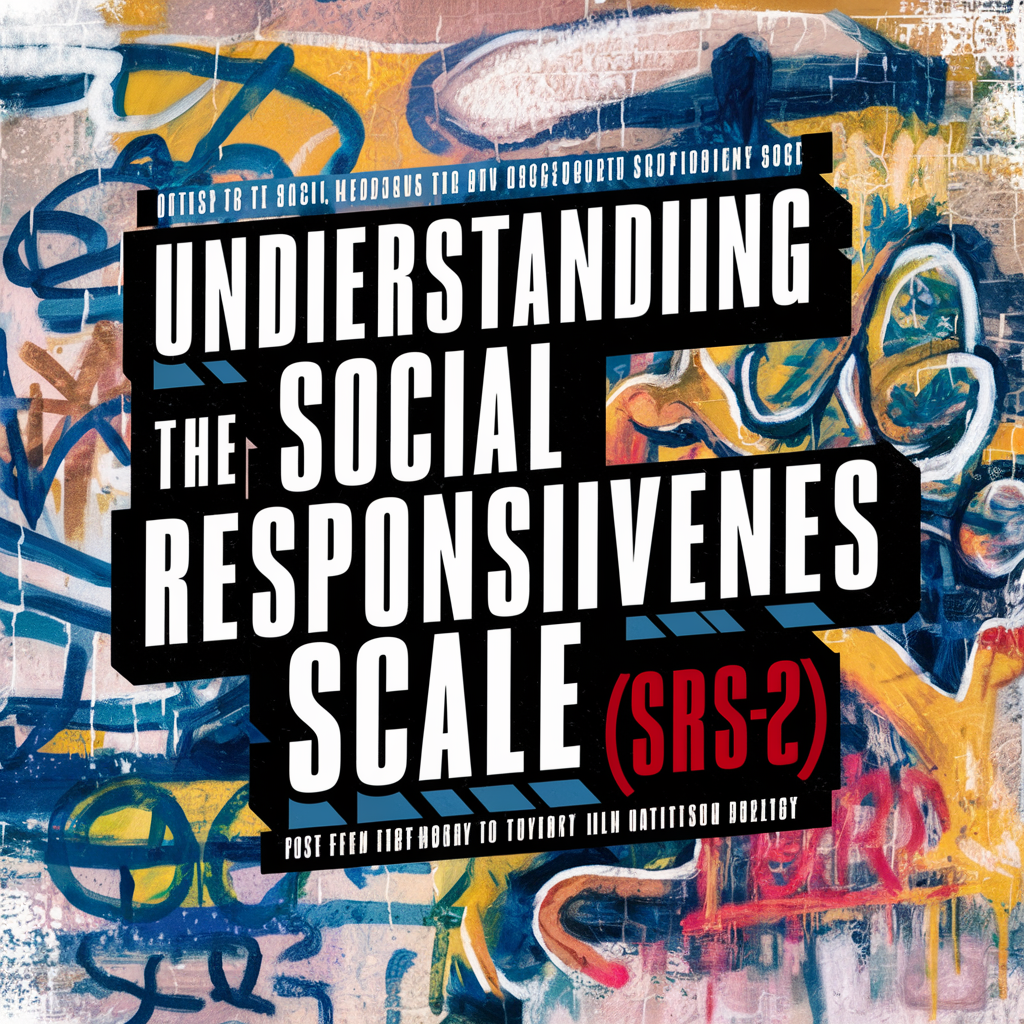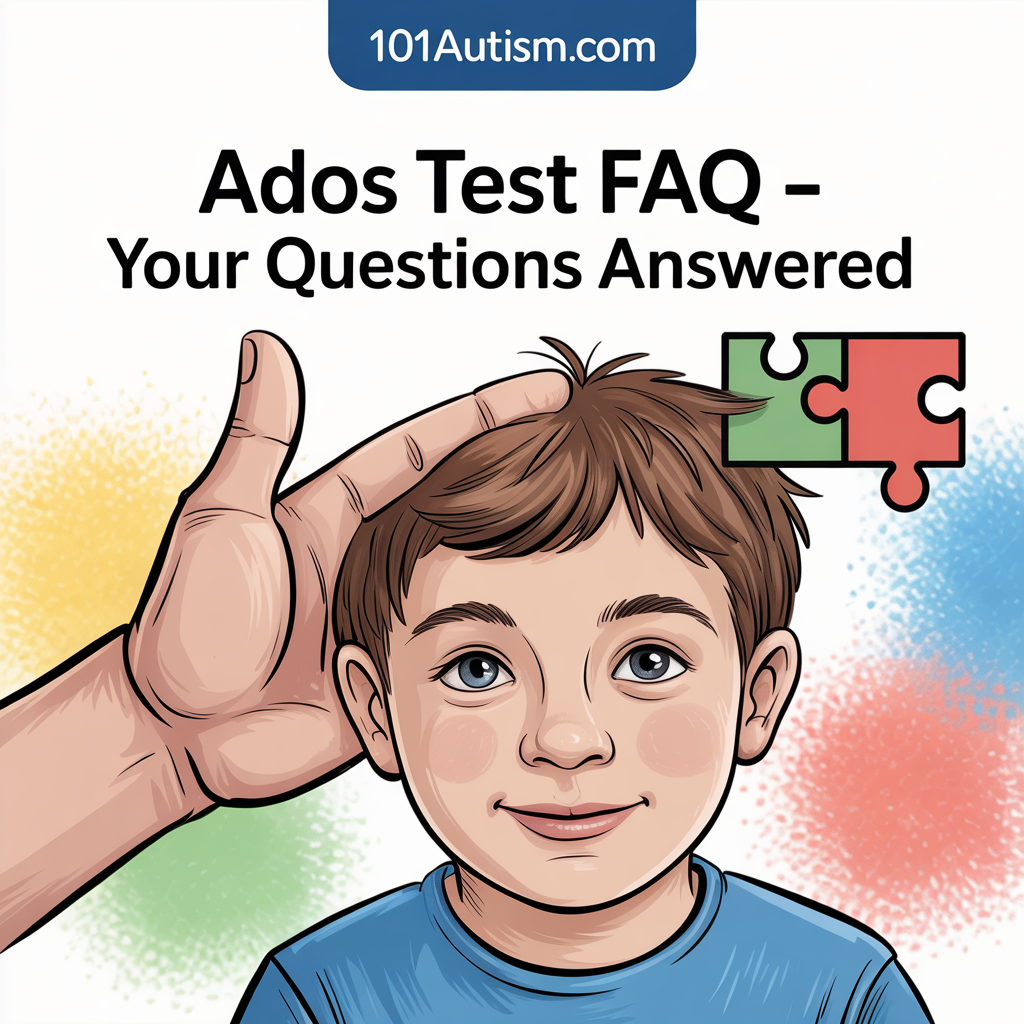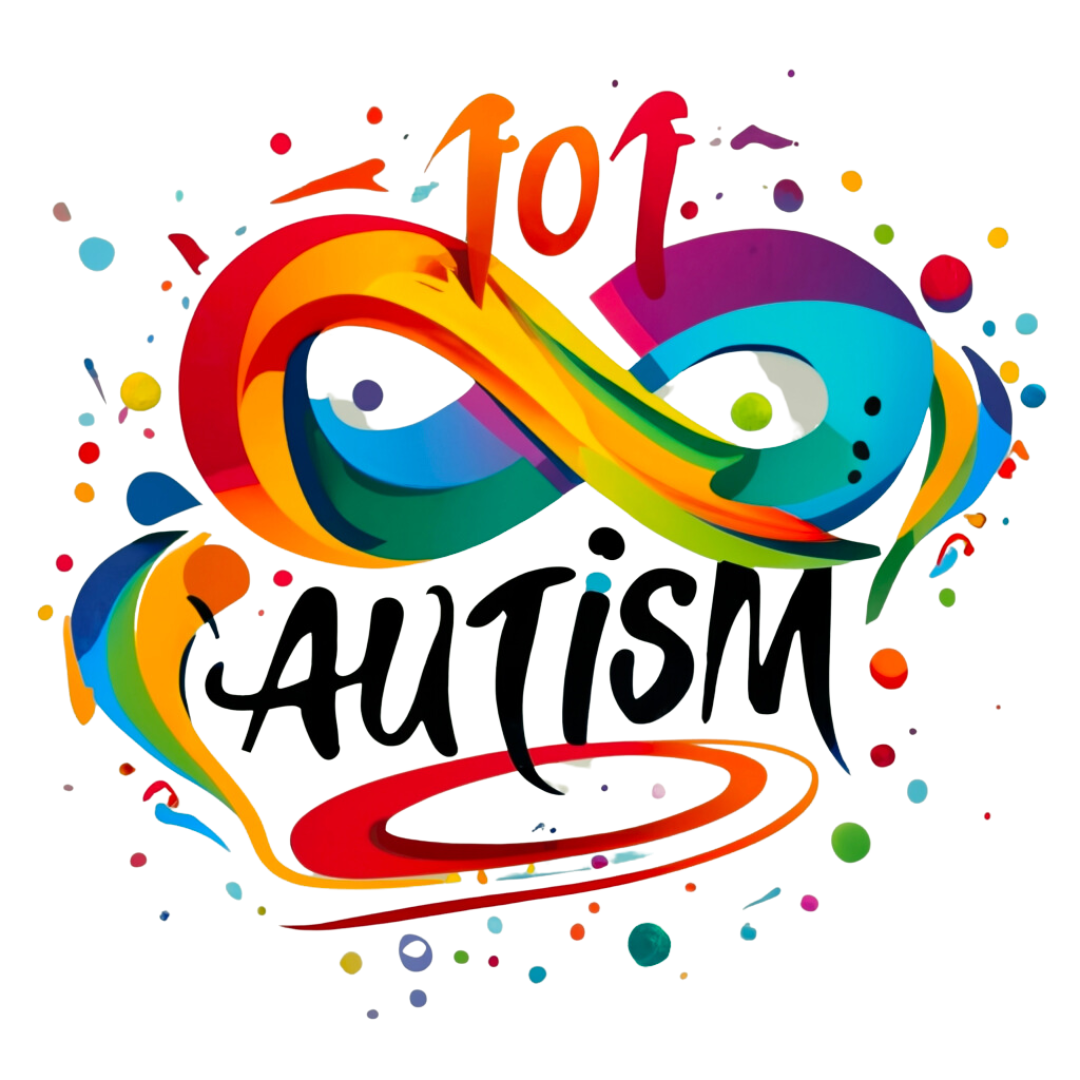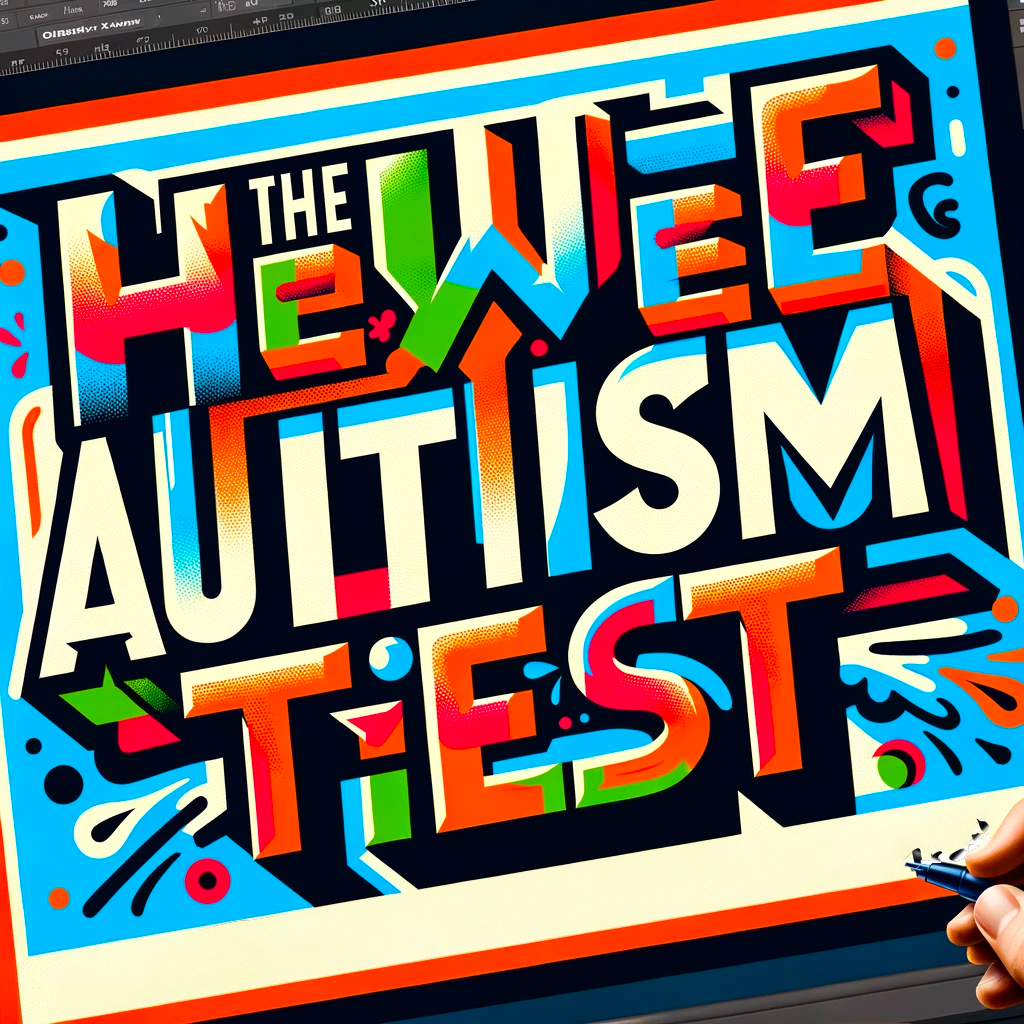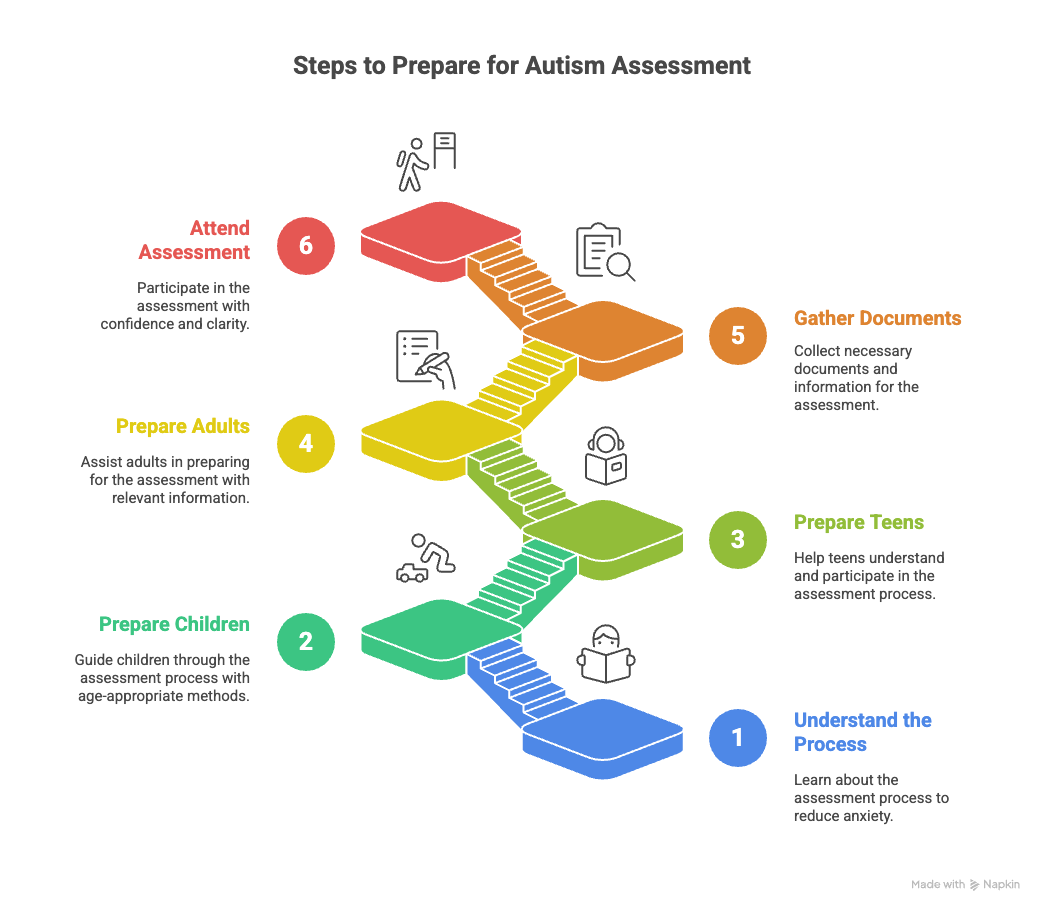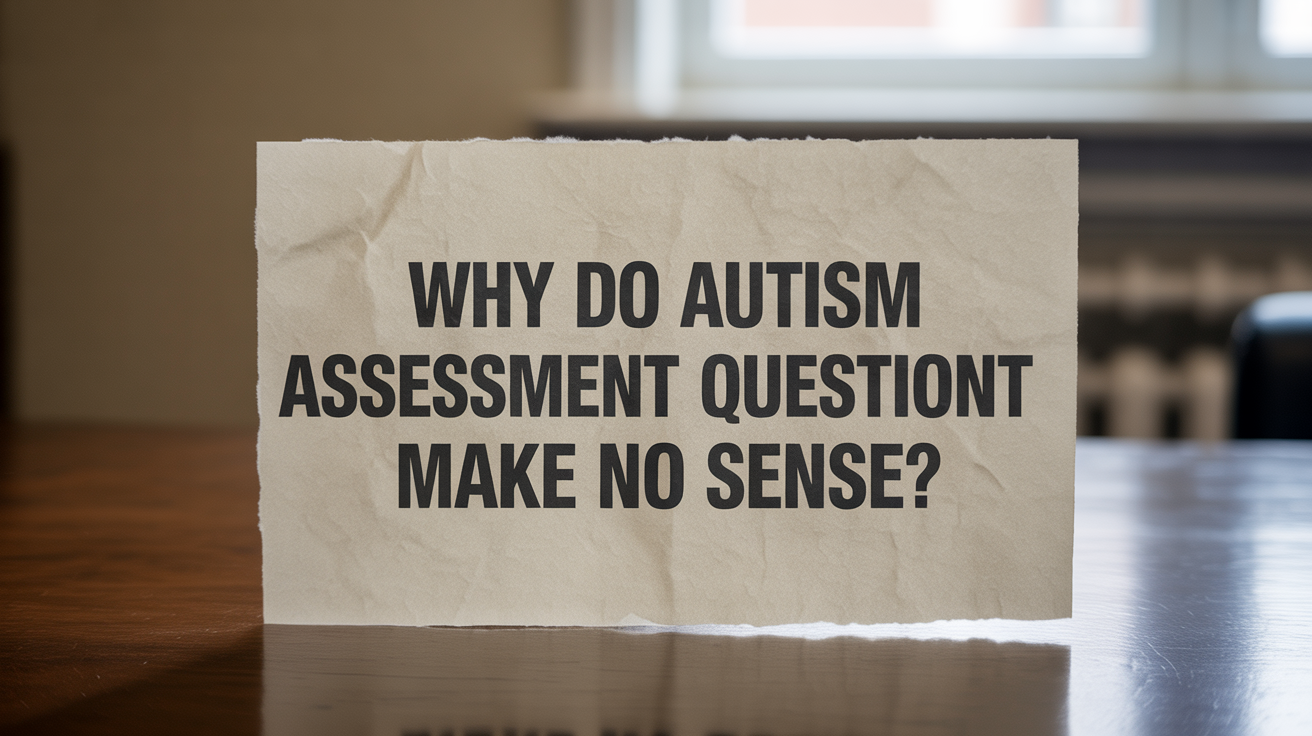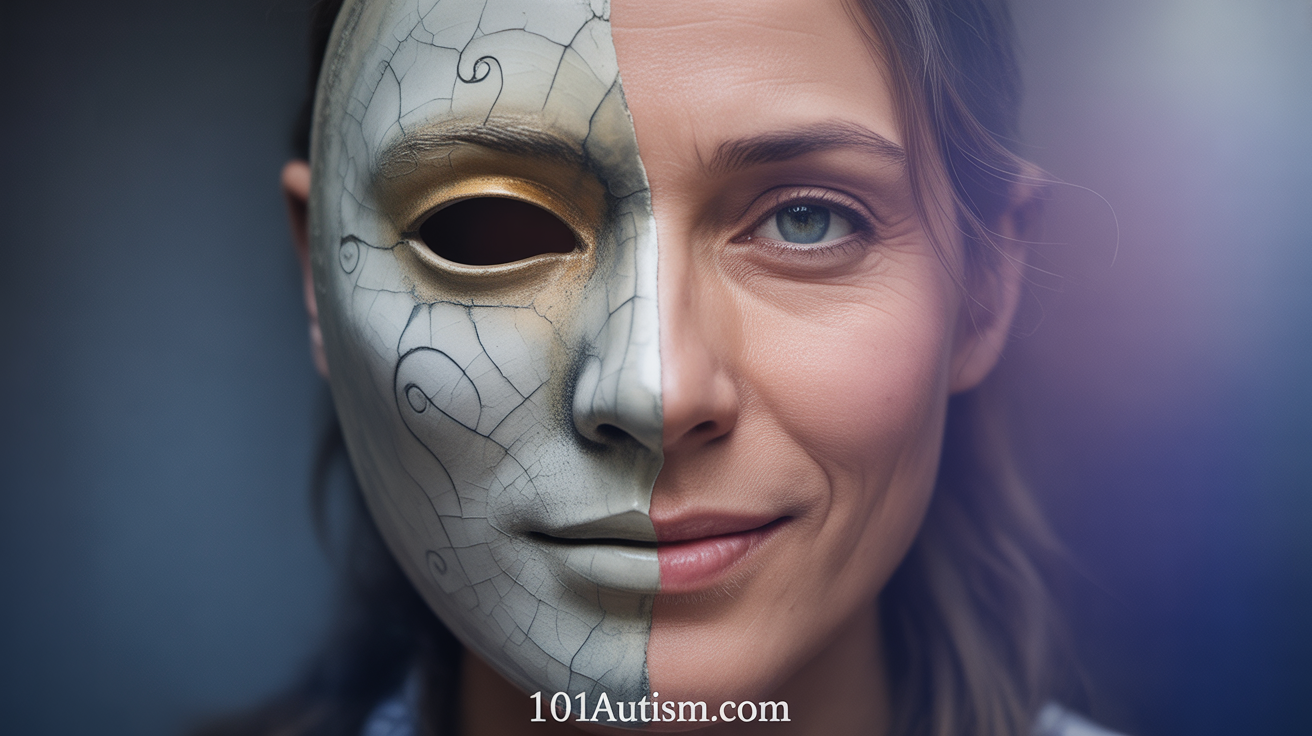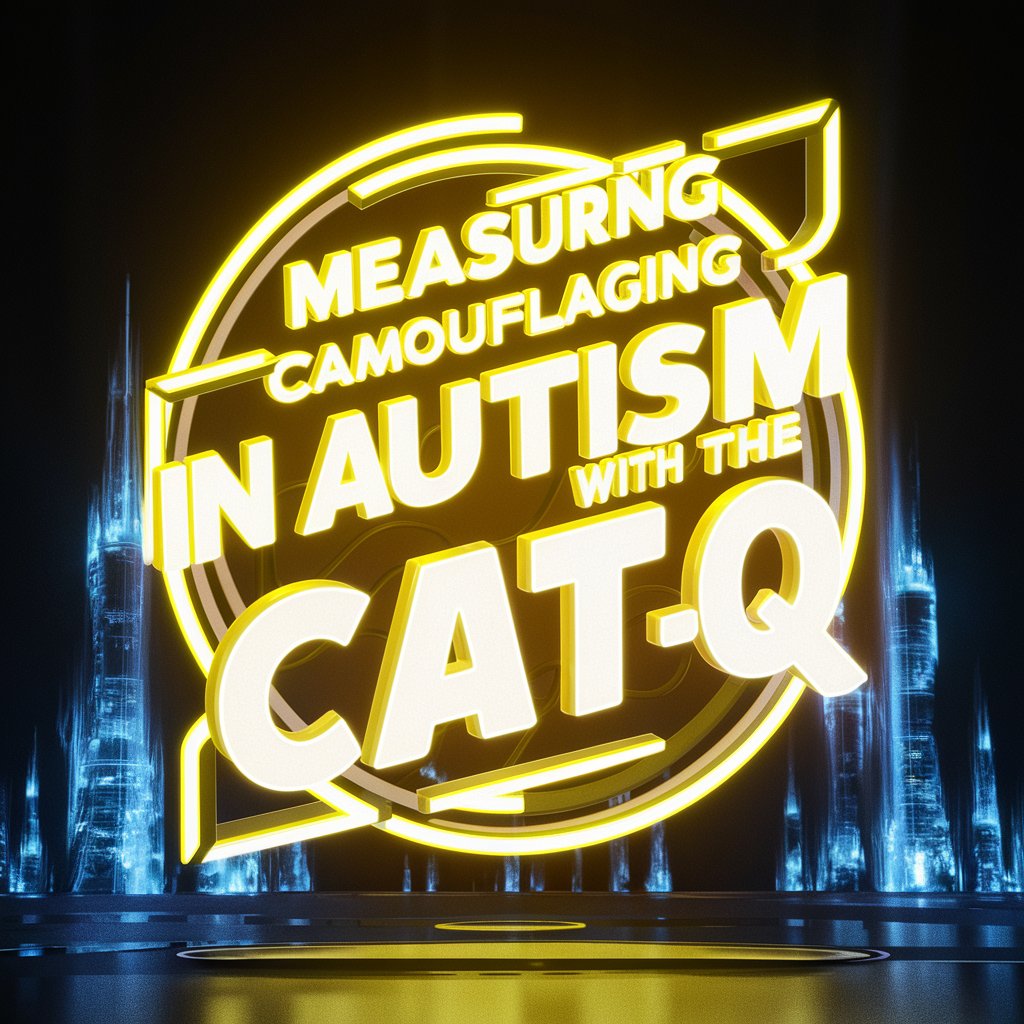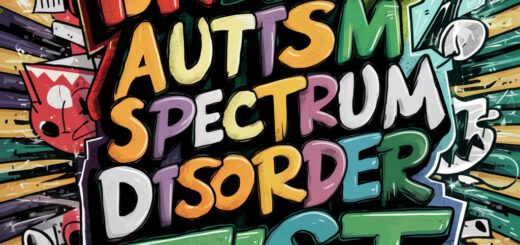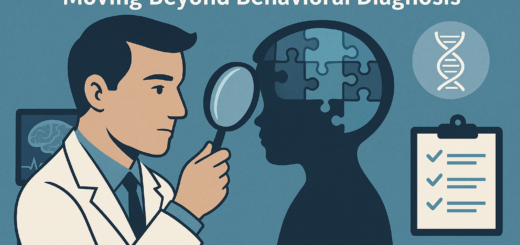Can You Be Autistic and Not Know?

Autism spectrum disorder (ASD) is a developmental disorder that affects communication and behavior. It is often diagnosed in children, but adults can be autistic and not know it.
Adults can have autism without being aware of it. This may be because the symptoms of autism are not identical for everyone. While some may have evident symptoms like communication and social interaction challenges, others may have more inconspicuous symptoms that could go unnoticed until later on.
Adults can be unaware of their autism due to changes in the diagnostic criteria over time. Previously, only children with severe symptoms were diagnosed with autism. However, the requirements have been broadened to include adults with milder symptoms.
If you suspect that you may have autism, it is crucial to consult a doctor or mental health expert. They can evaluate your symptoms and offer a diagnosis. In the event of an autism diagnosis, there are resources accessible that can assist you in managing the condition and leading a fulfilling and fruitful life.
Here are some of the signs and symptoms of autism in adults:
- Difficulty understanding and using social cues
- Difficulty maintaining eye contact
- Difficulty understanding and expressing emotions
- Restricted interests and repetitive behaviors
- Sensory sensitivities
- Difficulty with executive functioning skills, such as planning and organization
- Anxiety and depression
If you notice any of these symptoms, it is crucial to speak with a doctor or mental health expert. They can diagnose you and tailor a treatment plan that suits your specific needs.
It is important to remember that autism is a spectrum disorder. This means that there is a wide range of symptoms and severity levels. Some people with autism can live independently and hold jobs, while others need more support. There is no one-size-fits-all approach to autism.
If you are diagnosed with autism, some resources are available to help you cope and live a full and productive life. These resources include:
- Support groups
- Therapy
- Medication
- Vocational training
- Assistive technology
- Educational programs
With the proper support, adults with autism can lead happy and fulfilling lives.
More readings
- FRAT Test Autism: Complete Guide to Folate Receptor Autoantibody Testing
 TL;DR (Too Long; Didn’t Read) The Folate Receptor Autoantibody Test (FRAT) is a blood test. It measures autoantibodies directed against folate-receptor alpha (FRα). These autoantibodies can interfere with the transport of folate (vitamin B9)...
TL;DR (Too Long; Didn’t Read) The Folate Receptor Autoantibody Test (FRAT) is a blood test. It measures autoantibodies directed against folate-receptor alpha (FRα). These autoantibodies can interfere with the transport of folate (vitamin B9)... - PRE-ASSESSMENT CLINICIAN CHECKLISTExpert Guidance by Dror Arbel | Founder of 101Autism.com Use this checklist to prepare your documentation, organize your observations, and formulate key questions before your first professional assessment (ADOS-2, SRS-2, etc.). 🖨️ Download &...
- Understanding the Social Responsiveness Scale (SRS-2)
 The Social Responsiveness Scale, Second Edition (SRS-2) is a comprehensive tool used for assessing autism spectrum symptoms across various age groups, from 2.5 years to adulthood. It identifies social impairments and measures responses to interventions through ratings on 65 items. The scale, utilized worldwide, allows for quantifying severity of social deficits and guiding treatment plans. It is not diagnostic on its own but is valuable when combined with other assessments. Ethical usage requires proper training and understanding of its limitations and strengths, particularly in cross-cultural contexts.
The Social Responsiveness Scale, Second Edition (SRS-2) is a comprehensive tool used for assessing autism spectrum symptoms across various age groups, from 2.5 years to adulthood. It identifies social impairments and measures responses to interventions through ratings on 65 items. The scale, utilized worldwide, allows for quantifying severity of social deficits and guiding treatment plans. It is not diagnostic on its own but is valuable when combined with other assessments. Ethical usage requires proper training and understanding of its limitations and strengths, particularly in cross-cultural contexts. - Are You Neurodivergent? Take the Neurodivergent Test and Find Out
 Neurodivergence describes brain function variations diverging from what’s considered typical, encompassing conditions like autism and ADHD. Neurodivergent individuals might face unique challenges and possess distinct strengths in processing information and social interactions. Awareness and acceptance, rather than viewing these as deficiencies, are crucial. Signs include difficulty with social cues, intense focus on specific interests, and sensory sensitivities. Advocating for inclusivity and self-acceptance are essential, as well as support through professional assessments and neurodivergent communities.
Neurodivergence describes brain function variations diverging from what’s considered typical, encompassing conditions like autism and ADHD. Neurodivergent individuals might face unique challenges and possess distinct strengths in processing information and social interactions. Awareness and acceptance, rather than viewing these as deficiencies, are crucial. Signs include difficulty with social cues, intense focus on specific interests, and sensory sensitivities. Advocating for inclusivity and self-acceptance are essential, as well as support through professional assessments and neurodivergent communities. - Late Diagnosis Autism Female: 5 Surprising Truths About Why Women Are Discovering They’re Autistic in AdulthoodUnderstanding Late Diagnosis Autism Female: The Wave of Discovery Late diagnosis autism female cases are surging as women discover they’re autistic in their 20s, 30s, 40s, and beyond. For many women with late diagnosis...
- A Clear Guide to the 5 ADOS-2 Modules: What to Expect During an Autism Assessment
 Introduction: Demystifying the ADOS-2 Assessment As a blogger focused on autism awareness and education, I often hear from families and individuals who feel understandably anxious about the diagnostic process. One of the most widely...
Introduction: Demystifying the ADOS-2 Assessment As a blogger focused on autism awareness and education, I often hear from families and individuals who feel understandably anxious about the diagnostic process. One of the most widely... - ADOS-2 Scoring Interpretation: A Comprehensive Guide
 1. Introduction to ADOS-2 The Autism Diagnostic Observation Schedule, Second Edition (ADOS-2) is a standardized assessment tool. It evaluates social interaction, communication skills, and repetitive behaviors often linked to autism. Clinicians worldwide rely on...
1. Introduction to ADOS-2 The Autism Diagnostic Observation Schedule, Second Edition (ADOS-2) is a standardized assessment tool. It evaluates social interaction, communication skills, and repetitive behaviors often linked to autism. Clinicians worldwide rely on... - Educational Psychology Reports: How to Request and Use Them
 Educational psychology reports are powerful tools that can unlock the right support for your autistic child. These comprehensive assessments provide crucial insights into your child’s learning profile, cognitive strengths, and support needs. Whether you’re...
Educational psychology reports are powerful tools that can unlock the right support for your autistic child. These comprehensive assessments provide crucial insights into your child’s learning profile, cognitive strengths, and support needs. Whether you’re... - The HeyWise Autism Test: Is It a Valid Screener for ASD? (2025 Review)
 Autism spectrum disorder (ASD) is characterized by social challenges, repetitive behaviors, and communication issues. The Heywise Autism Test, an online assessment for adults, screens for ASD using 58 questions and provides instant results. Offering a 97% accuracy rate, it evaluates social skills, repetitive behaviors, and development history. It’s free, quick, and designed by experts. While not diagnostic, it can suggest the need for a formal evaluation, which is vital for accessing services and support for adults with autism.
Autism spectrum disorder (ASD) is characterized by social challenges, repetitive behaviors, and communication issues. The Heywise Autism Test, an online assessment for adults, screens for ASD using 58 questions and provides instant results. Offering a 97% accuracy rate, it evaluates social skills, repetitive behaviors, and development history. It’s free, quick, and designed by experts. While not diagnostic, it can suggest the need for a formal evaluation, which is vital for accessing services and support for adults with autism. - Common Mistakes in SRS-2 Scoring (and How to Avoid Them)
 If you have just received SRS-2 results for your child or yourself, it is completely normal to feel a mix of relief and panic. The T-scores, subscales, and cut-offs can look like a secret...
If you have just received SRS-2 results for your child or yourself, it is completely normal to feel a mix of relief and panic. The T-scores, subscales, and cut-offs can look like a secret... - Comparison of Autism Assessment Tools
 Tool Type Age Range Administration Time Administrator Format Key Features Strengths Limitations Diagnostic Value ADOS-2 (Autism Diagnostic Observation Schedule, 2nd Edition) Observational assessment All ages (includes modules for different developmental levels) 30-60 minutes Trained...
Tool Type Age Range Administration Time Administrator Format Key Features Strengths Limitations Diagnostic Value ADOS-2 (Autism Diagnostic Observation Schedule, 2nd Edition) Observational assessment All ages (includes modules for different developmental levels) 30-60 minutes Trained... - SRS-2 Scoring Chart & Interpretation Guide (T-Scores 59-76+) | 2025
 The Social Responsiveness Scale, Second Edition (SRS-2), is a 65-item rating scale used to evaluate ASD symptom severity in natural social settings. It includes forms for different age groups and yields several scores. While the Total Score is crucial, interpreting subscale profiles and considering context is essential for accurate assessment and intervention planning.
The Social Responsiveness Scale, Second Edition (SRS-2), is a 65-item rating scale used to evaluate ASD symptom severity in natural social settings. It includes forms for different age groups and yields several scores. While the Total Score is crucial, interpreting subscale profiles and considering context is essential for accurate assessment and intervention planning. - Preparing for an Autism Diagnostic Assessment: A 2025 Guide
 This guide provides practical steps for individuals of all ages. It helps children, teens, and adults who are preparing for an autism diagnostic assessment. It aims to demystify the process, reduce anxiety, and ensure...
This guide provides practical steps for individuals of all ages. It helps children, teens, and adults who are preparing for an autism diagnostic assessment. It aims to demystify the process, reduce anxiety, and ensure... - Why Do Autism Assessment Questions Make No Sense? Understanding the Assessment Gap
 TL;DR: Assessment Question Problems vs. Better Approaches Comparison table showing problems with traditional autism assessment questions and improved alternatives Problem with Traditional Questions Why It Makes No Sense Better Approach Vague Language“Do you find...
TL;DR: Assessment Question Problems vs. Better Approaches Comparison table showing problems with traditional autism assessment questions and improved alternatives Problem with Traditional Questions Why It Makes No Sense Better Approach Vague Language“Do you find... - Can You Really “See” Autism? 5 Surprising Truths Science and AI Are Uncovering
 Facial Recognition and Autism Spectrum Disorder: Can AI Detect Autism Through Facial Features? TL;DR: While facial recognition and autism spectrum disorder research shows AI can detect autism with 96% accuracy through facial features and...
Facial Recognition and Autism Spectrum Disorder: Can AI Detect Autism Through Facial Features? TL;DR: While facial recognition and autism spectrum disorder research shows AI can detect autism with 96% accuracy through facial features and... - Understanding the Autism Diagnostic Observation Schedule (ADOS)
 Autism Spectrum Disorder (ASD) is a developmental disorder that affects communication and behavior. Diagnosing ASD can be challenging, as there is no single medical test to diagnose it. Instead, healthcare professionals rely on various tools and assessments, including the Autism Diagnostic Observation Schedule (ADOS). This blog post explores what ADOS is, how it works, and why it’s an important tool in autism diagnosis.
Autism Spectrum Disorder (ASD) is a developmental disorder that affects communication and behavior. Diagnosing ASD can be challenging, as there is no single medical test to diagnose it. Instead, healthcare professionals rely on various tools and assessments, including the Autism Diagnostic Observation Schedule (ADOS). This blog post explores what ADOS is, how it works, and why it’s an important tool in autism diagnosis. - The Autism Test: A Deep Dive into Why Adults Are Self-Identifying as Autistic & What It Really Means
 Have you ever felt fundamentally “different” from your peers? Do you find yourself exhausted after a simple social gathering? Do small changes to your routine feel like a major disruption? If you’ve typed “autism...
Have you ever felt fundamentally “different” from your peers? Do you find yourself exhausted after a simple social gathering? Do small changes to your routine feel like a major disruption? If you’ve typed “autism... - Heywise Autism Test Review: Expert Analysis of Accuracy and Limitations
 Heywise Autism Test Review 2025: Expert Analysis & Accuracy Assessment 🚨 TL;DR – Key Facts About Heywise Autism Test ❌ NOT Medically Valid Entertainment quiz only, zero clinical validation 📊 Accuracy Claims FALSE No...
Heywise Autism Test Review 2025: Expert Analysis & Accuracy Assessment 🚨 TL;DR – Key Facts About Heywise Autism Test ❌ NOT Medically Valid Entertainment quiz only, zero clinical validation 📊 Accuracy Claims FALSE No... - Adult Autism Testing Locations 2025Find autism diagnostic services and evaluations for adults across the United States Provider Types Telehealth/Online Medical Center Specialized Center Assessment Center University Center Multi-location Provider Home-based Service All Providers Key Information Cost Range: $1,000...
- CAT-Q: Complete Guide to Measuring Autism Camouflaging in 2025
 The Camouflaging Autistic Traits Questionnaire (CAT-Q) is a novel tool developed to assess how individuals with autism spectrum disorder (ASD) mask their autistic traits to adapt socially. The tool, consisting of 25 items scored on a 7-point scale, identifies tactics such as masking behaviors and compensatory strategies. Significant camouflaging correlates with mental health challenges and can hinder timely diagnosis and support. The CAT-Q aids in clinical evaluations, potentially improving autism screening accuracy, adjusting support services, and facilitating research on camouflaging behaviors.
The Camouflaging Autistic Traits Questionnaire (CAT-Q) is a novel tool developed to assess how individuals with autism spectrum disorder (ASD) mask their autistic traits to adapt socially. The tool, consisting of 25 items scored on a 7-point scale, identifies tactics such as masking behaviors and compensatory strategies. Significant camouflaging correlates with mental health challenges and can hinder timely diagnosis and support. The CAT-Q aids in clinical evaluations, potentially improving autism screening accuracy, adjusting support services, and facilitating research on camouflaging behaviors. - Accuracy of the Ritvo Autism Asperger Diagnostic Scale-Revised (RAADS-R) Test
 The Ritvo Autism Asperger Diagnostic Scale-Revised (RAADS-R) test is a self-report questionnaire used to assess and diagnose Autism Spectrum Disorder (ASD) in adults. Developed by Dr Ariella Riva Ritvo and her colleagues in 2011, the RAADS-R test aims to differentiate ASD from other psychiatric conditions and to provide clinicians with a reliable tool for assessing ASD in adults. This article will discuss the accuracy of the RAADS-R test, including its psychometric properties, strengths, and limitations.
The Ritvo Autism Asperger Diagnostic Scale-Revised (RAADS-R) test is a self-report questionnaire used to assess and diagnose Autism Spectrum Disorder (ASD) in adults. Developed by Dr Ariella Riva Ritvo and her colleagues in 2011, the RAADS-R test aims to differentiate ASD from other psychiatric conditions and to provide clinicians with a reliable tool for assessing ASD in adults. This article will discuss the accuracy of the RAADS-R test, including its psychometric properties, strengths, and limitations. - Full Guide to Autism Tests in Australia: Available Tests, Where to Get Tested, Procedure Flowchart, FAQs & Resources
 TL;DR: Autism Tests in Australia Key Autism Tests ADOS-2: Gold-standard observational assessment (all ages) ADI-R: In-depth parent/caregiver interview (all ages) ABAS-3: Adaptive skills assessment SACS-R: Early childhood screening (best for ages 12–36 months) Other:...
TL;DR: Autism Tests in Australia Key Autism Tests ADOS-2: Gold-standard observational assessment (all ages) ADI-R: In-depth parent/caregiver interview (all ages) ABAS-3: Adaptive skills assessment SACS-R: Early childhood screening (best for ages 12–36 months) Other:... - Navigating Autism Testing in Australia for 2025: A Comprehensive Guide
 The journey to understanding autism, whether for yourself, your child, or a loved one, often begins with the question of assessment and diagnosis. If you’re looking for information on “autism test Australia 2025,” you’re...
The journey to understanding autism, whether for yourself, your child, or a loved one, often begins with the question of assessment and diagnosis. If you’re looking for information on “autism test Australia 2025,” you’re...
